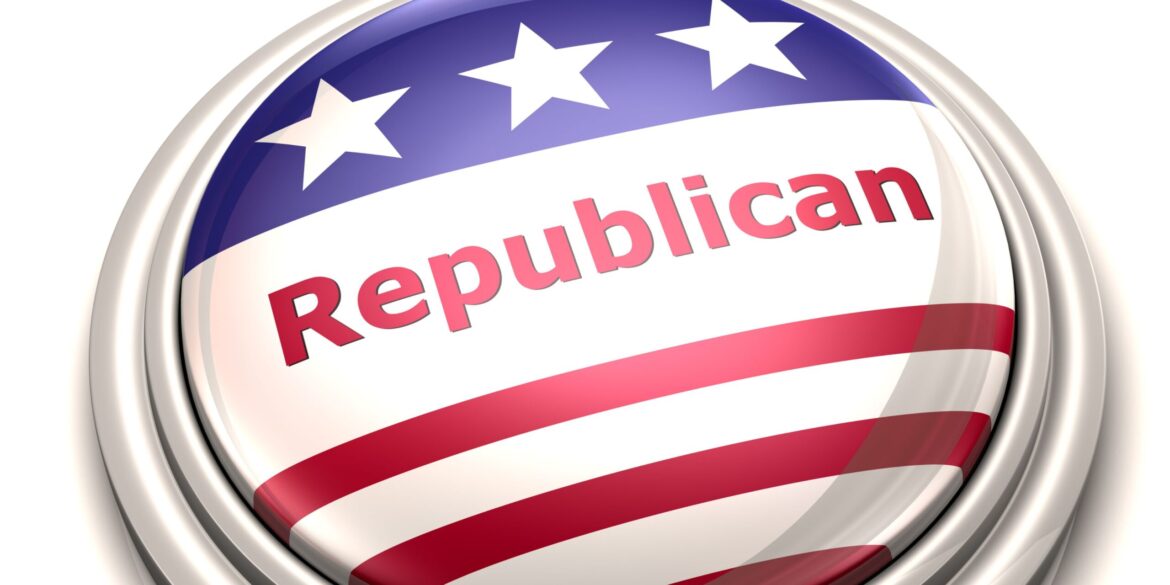Phoenix, AZ, USA – As Arizona grapples with inflation and concerns over rising living costs, Governor Doug Ducey (R-AZ) and state Republican lawmakers have launched a new initiative calling for sweeping tax cuts. Announced on September 20, 2022, in Phoenix, the plan aims to provide relief for both businesses and individuals, with the goal of easing the financial burden on Arizona families and spurring economic growth.
The proposed tax cuts include a reduction in the state income tax rate, as well as adjustments to corporate tax rates. Governor Ducey argued that cutting taxes is essential to maintaining Arizona’s competitive edge in the face of rising costs and a shifting national economy. “We need to put more money back in the pockets of Arizonans,” Ducey stated during a press conference. “This is how we ensure Arizona continues to grow and remains an attractive place for families and businesses to thrive.”
The proposal has received support from several business groups, including the Arizona Chamber of Commerce and Industry, which praised the tax cuts as an opportunity to help businesses retain and hire workers during a time of economic uncertainty. Arizona Senate President Karen Fann (R-AZ) also voiced her support, framing the cuts as a way to encourage economic resilience and reduce the state’s reliance on federal support.
However, the proposal has raised concerns among some lawmakers and fiscal experts. Critics, including some Democratic legislators and budget analysts, have questioned whether the state can afford such cuts, particularly given the potential impact on essential public services. The Tax Foundation, a conservative-leaning think tank, estimates that the proposed cuts could reduce Arizona’s state revenue by billions of dollars over the next decade, leading to concerns about the long-term sustainability of the state’s budget.
Polling data from an Arizona Public Opinion Survey conducted in September shows that while many Arizona residents support tax relief, the proposed cuts are not universally popular. 58% of respondents expressed approval for reducing taxes as a means to address rising costs, while 37% expressed concerns that the cuts would disproportionately benefit the wealthy and hurt public services like education and healthcare.
In national media coverage, conservative outlets have widely endorsed the tax cuts, portraying them as a necessary response to inflationary pressures and a way to stimulate Arizona’s economy. On the other hand, liberal outlets have expressed caution, warning that such cuts could exacerbate inequality and undermine efforts to strengthen the state’s social safety net.
As the proposal moves through the legislative process, it remains unclear whether Republicans will be able to secure enough support to implement the cuts. The ongoing debate about tax relief highlights the broader national discourse about how best to navigate economic challenges, with competing views on whether tax cuts or increased public spending will be most effective in driving long-term prosperity.

